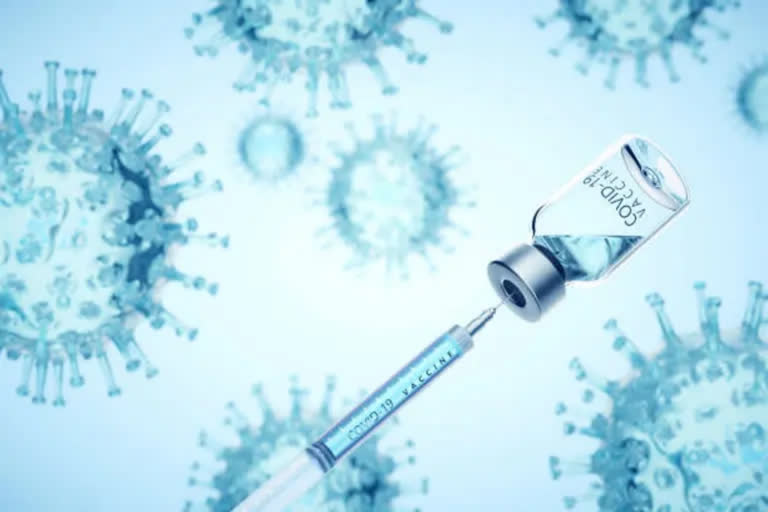Los Angeles: According to the researchers, vaccination and boosting, especially when recent, helped to limit the spread of COVID-19 in California prisons during the first Omicron wave, according to an analysis by researchers at University of California San Francisco, US, that examined transmission between people living in the same cell. The study demonstrates the benefits of vaccination and boosting, even in settings where many people are still getting infected, in reducing transmission, it said.
The study also shows the cumulative effects from boosting and the additional protection that vaccination gives to those who were previously infected. The likelihood of transmission fell by 11 percent for each additional dose, it said. "A lot of the benefits of vaccines to reduce infectiousness were from people who had received boosters and people who had been recently vaccinated," said Nathan Lo, senior author of the study. "Our findings are particularly relevant to improving health for the incarcerated population," said Lo.
According to the study, the researchers analyzed de-identified data collected by the California Department of Corrections and Rehabilitation (CDCR), US. The data included COVID-19 test results, vaccine status and housing locations for 111,687 residents, 97 per cent of whom were male, between December 15, 2021, and May 20, 2022. The findings of the study have been published in the journal Nature Medicine.
Breakthrough infections were common, despite the residents' relatively high vaccination rate of 81 per cent with the primary vaccine series. But the rate of serious illness was low. In just over five months, there were 22,334 confirmed SARS-CoV-2 Omicron infections, 31 hospitalizations and no COVID-19 deaths, the study said.
Vaccinated residents with breakthrough infections were significantly less likely to transmit them: 28 per cent versus 36 per cent for those who were unvaccinated. But the likelihood of transmission grew by 6 per cent for every five weeks that passed since someone's last vaccine shot, the study said.
